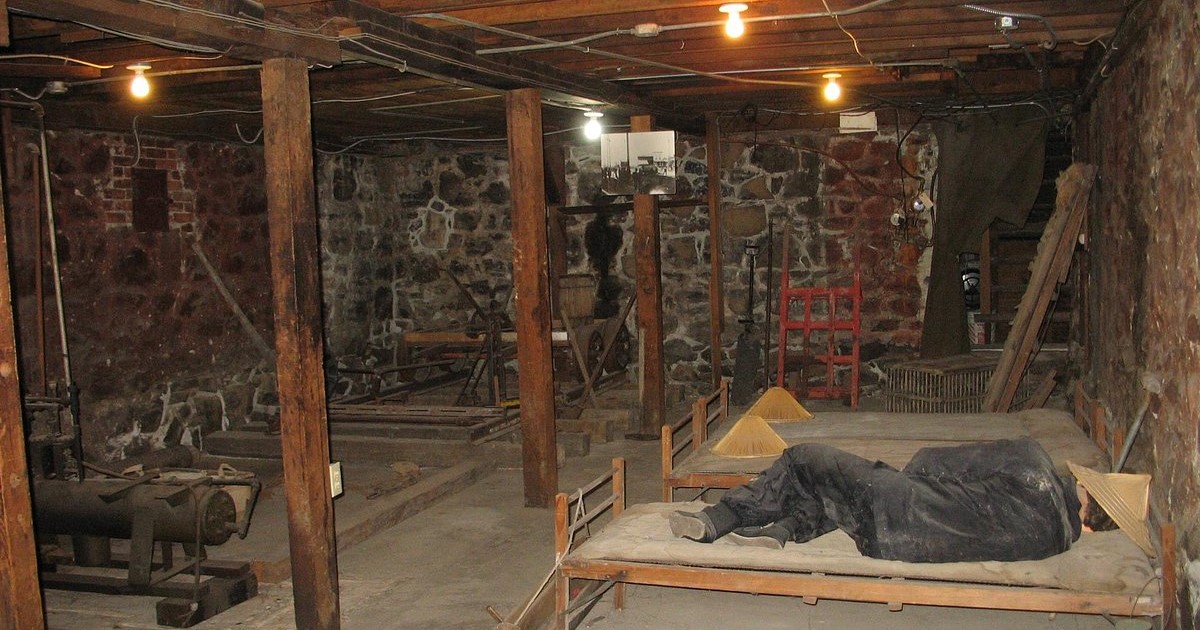Eltab
Lord of the Hidden Layer
Mordenkainen in the Study with a Merchant's Scale.Obviously, it was Elminster in the library with a wrench. Sheesh.
(that does not balance...any more)
Mordenkainen in the Study with a Merchant's Scale.Obviously, it was Elminster in the library with a wrench. Sheesh.
Something like this scenario actually appears in the 3.5e adventure Expedition to the Ruins of Greyhawk. There's a puzzle room where the answer is unrelated to the questionI never understood why a wizard would protect his laboratory with a puzzle door. Answering the puzzle gives anyone access...and you already know the answer. Why?
If I was designing a trap for my laboratory, the solution to the puzzle door would trigger the trap. The actual answer would be something completely random. A puzzle dungeon with the wrong answers to every puzzle. A wizard did it.



WHile I find "A Wizard did it" a bit trite, it's fine.
As for dungeons making no sense to exist, period? Bah! Real world underground cities existed.
Having the backstory always influences how one presents it, even if the players don't get the backstory.I'm not saying that it's unreasonable to have underground locations with believable backstories. I'm asking whether that's necessary for the game.
Take the mirror chamber in Conan the Destroyer:
If the party stumbles across that thing in an abandoned ruin, do you the GM need to know who built it and why? That's what I'm talking about here. Not whether dungeons in general can have backstories, but whether it adds anything to the experience at the table.
